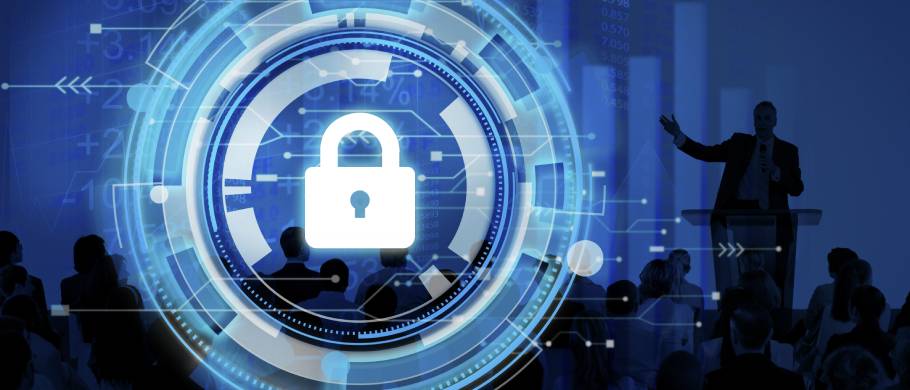In today’s interconnected and digitally driven world, cybersecurity has become a cornerstone of corporate IT strategies. The ever-expanding threat landscape, the increasing sophistication of cyberattacks, and the growing reliance on technology all underscore the critical importance of cybersecurity for businesses. In this blog, we’ll explore why cybersecurity has taken center stage in corporate IT and why it continues to grow in importance.
1. Escalating Cyber Threats:
One of the most significant drivers behind the growing importance of cybersecurity is the relentless escalation of cyber threats. Cybercriminals are becoming more sophisticated, employing advanced techniques and tools to breach even the most robust defenses. The rise in cyberattacks, including ransomware, data breaches, and phishing attacks, has made it clear that no organization is immune to these threats.
2. Protection of Sensitive Data:
Modern businesses store and process vast amounts of sensitive data, including customer information, financial records, and proprietary intellectual property. A security breach can have severe consequences, including legal liabilities, reputational damage, and financial losses. Robust cybersecurity measures are essential to safeguard this invaluable data and maintain the trust of customers and stakeholders.
3. Regulatory Compliance:
Governments and regulatory bodies worldwide have recognized the importance of cybersecurity in protecting individuals and organizations. Consequently, they have introduced stringent data protection laws and regulations, such as GDPR (General Data Protection Regulation) in Europe and HIPAA (Health Insurance Portability and Accountability Act) in the United States. Non-compliance can result in hefty fines, making it imperative for businesses to prioritize cybersecurity.
4. Remote Work and BYOD Policies:
The COVID-19 pandemic accelerated the adoption of remote work and bring-your-own-device (BYOD) policies. While these trends offer flexibility and cost savings, they also introduce new security challenges. Ensuring the security of remote connections, personal devices, and sensitive corporate data is now a critical aspect of cybersecurity.
5. The Pervasiveness of IoT:
The Internet of Things (IoT) has revolutionized industries by connecting devices and systems. However, the proliferation of IoT devices also widens the attack surface for cybercriminals. Securing these devices and the data they generate has become an integral part of corporate cybersecurity efforts.
6. Protecting Brand Reputation:
In the age of social media and instant communication, news of a data breach or cybersecurity incident spreads rapidly. The damage to a company’s reputation can be long-lasting, resulting in lost customers and diminished brand trust. A strong cybersecurity posture is essential to protect a company’s brand and market position.
7. Business Continuity and Resilience:
Cyberattacks can disrupt business operations, leading to downtime and financial losses. A robust cybersecurity strategy includes disaster recovery and incident response plans to ensure business continuity and resilience in the face of cyber threats.
Conclusion:
The growing importance of cybersecurity in corporate IT is not merely a trend; it is a necessity born out of the evolving digital landscape and the ever-present threat of cyberattacks. Unique Systems Skills that prioritize cybersecurity are better equipped to protect sensitive data, comply with regulations, adapt to changing work environments, and safeguard their reputation. As cyber threats continue to evolve, investing in cybersecurity measures is an investment in the long-term success and sustainability of any organization. For more information please call +18448879239 mail training_usa@systemskills.com

